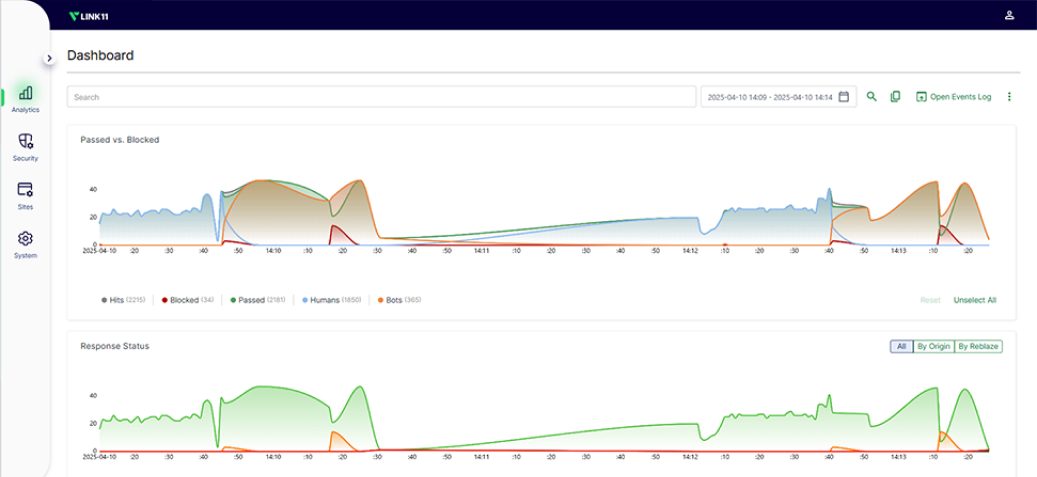Now Reading: Link11 Unveils Advanced WAAP Platform Amid Rising Cybersecurity Threats
-
01
Link11 Unveils Advanced WAAP Platform Amid Rising Cybersecurity Threats
Link11 Unveils Advanced WAAP Platform Amid Rising Cybersecurity Threats

Rapid Summary
- Link11 Announcement: German IT security provider Link11 unveiled an advanced Web Submission and API Protection (WAAP) platform designed to combat modern cybersecurity threats with multi-layered defenses.
- Key Threats Identified:
– DDoS attacks: Increasingly targeting application layers with subtle methods, like simulating legitimate traffic.
– Malicious bots: Used for credential theft,fraud,inventory hoarding,and more.
– Web Application Firewall (WAF) limitations: Lacking effectiveness against newer attack types like zero-day exploits or “low-and-slow” methods.
– API vulnerabilities: Shadow APIs and inadequate endpoint security expose businesses to disruptions and data theft.
- Platform Features: The WAAP platform integrates real-time protection across multiple layers in one system. It is flexible across infrastructures, offers around-the-clock support via Security Operations Centers (SOCs), ensures compliance with GDPR regulations using fully-owned cloud servers, and simplifies management for enterprises.
- Company Background: Link11 specializes in cybersecurity solutions for critical infrastructures globally. it is indeed ISO 27001 certified and recognized by Germany’s Federal Office for Facts Security.
Image:
!Author Gravatar
Indian Opinion Analysis
India’s rapidly digitizing economy could face heightened cybersecurity risks as the reliance on web applications and APIs grows exponentially. The identified threats-such as application-layer DDoS attacks or unmonitored shadow APIs-highlight vulnerabilities relevant not only to large-scale industries but also small businesses transitioning online. Given the recent surge in digital adoption post-COVID-19 reforms alongside goverment-led initiatives like “Digital India,” solutions akin to Link11’s WAAP platform may present valuable benchmarks on integrating real-time multi-layered defenses.
Furthermore, India’s burgeoning IT sector must proactively address challenges posed by malicious bots that impact customer trust or operational integrity. Advancing domestic expertise in areas such as API protection could reduce dependence on foreign providers while maintaining compliance frameworks similar to the GDPR-a principle critically important under India’s draft data Protection Bill aimed at securing user privacy.
Building resilient infrastructure should remain central amid expanding attack surfaces tied closely into international networks-a reminder of both opportunity and caution from this case study.

























